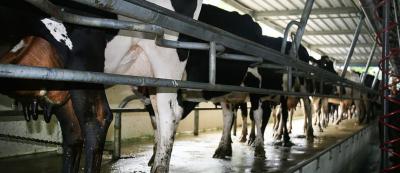A free trade agreement (FTA) between India and New Zealand has stalled, with one official describing the deal as surviving on “life support” write Shane Cowlishaw and Sam Sachdeva for Newsroom
While the focus is currently on the looming TPP deal and how that will be affected by New Zealand’s decision to ban foreign property buyers, it had been hoped some progress could have been made towards a deal with India, the world’s second most populous country.
Last year, then-Prime Minister John Key visited India and after meeting his counterpart Narendra Modi said great progress had been made.
"They were the most forward-leaning statements around a free trade agreement we've heard from the Indian government. (Modi) wants to make progress relatively rapidly and he wants it to be comprehensive," Key said at the time.
"Prior to coming here we weren't really going anywhere on the FTA - now you've got some very clear direction."
Despite that direction, no progress appears to have been made in the year since.
Several diplomatic and trade officials spoken to by Newsroom in India said there had been no movement and work was barely sputtering along on “life support”.
Dairy was the issue, with Indian businesses wary of letting New Zealand into the market and little chance of a change in stance.
A more plausible scenario was working towards a bilateral or multi-country deal involving Sri Lanka, and sending New Zealand goods to India through the close neighbour which had its own FTA with India.
Speaking to Newsroom in New Delhi, New Zealand’s High Commissioner to India, Joanna Kempkers, said there had been 10 rounds of negotiations between the two countries but admitted the deal was on a “slow boil”.
“It would be fantastic for New Zealand and it’s one of our key objectives but we’re realistic to the difficulties of that because, while New Zealand ourselves might not be a problem, we do have some sensitive sectors, dairy being one of them.”
While there were some “commonalities” between the New Zealand and Indian industries, there were areas where New Zealand could be of particular value, she said.
CONTINUE HERE TO READ THE FULL ARTICLE ON NEWSROOM || NOVEMBER 3, 2017 |||

